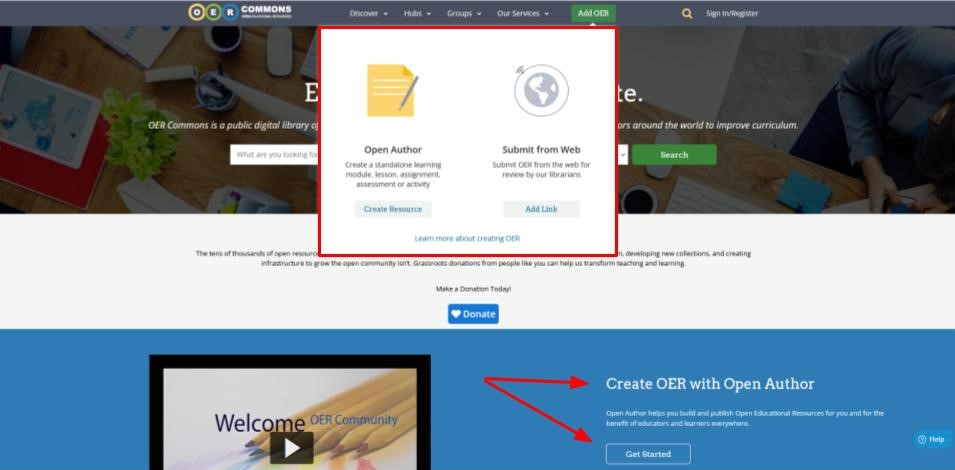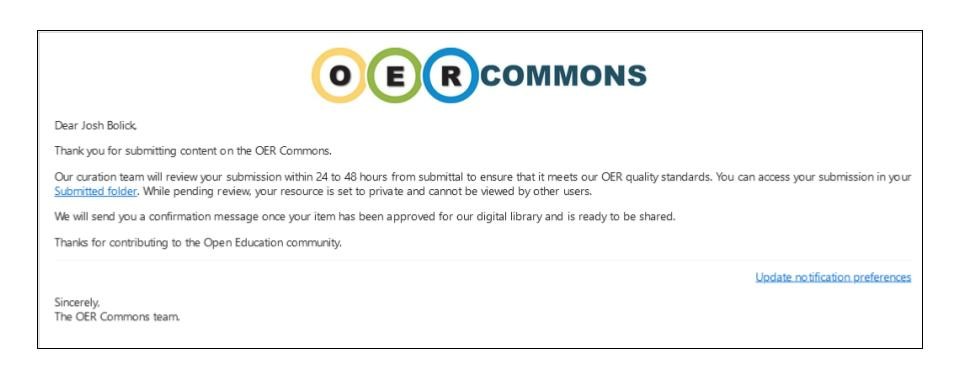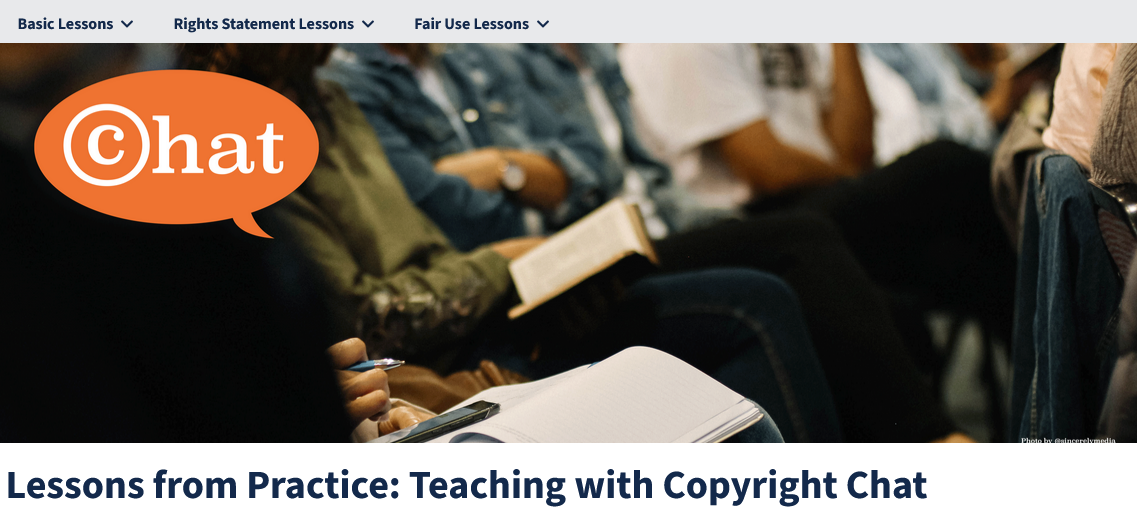This is the latest post in a series announcing resources created for the Scholarly Communication Notebook, or SCN. The SCN is a hub of open teaching and learning content on scholcomm topics that is both a complement to an open book-level introduction to scholarly communication librarianship and a disciplinary and course community for inclusively sharing models and practices. IMLS funded the SCN in 2019, permitting us to pay creators for their labor while building a solid initial collection. These works are the result of one of three calls for proposals (our first CFP was issued in fall 2020; the second in late spring ‘21, and the third in late fall 2021).
Today we’re excited to share “Finding Balance: Collaborative Workflows for Risk Management in Sharing Cultural Heritage Collections Online” (available through Pressbooks and via OER Commons). This work was created by Carrie Hintz, Melanie T. Kowalski, Sarah Quigley, and Jody Bailey. Digitizing material is core work for many cultural heritage organizations, but navigating the rights issues can be a challenge. This team uses their experience at Emory to help the rest of us balance risk with reward to best support users and collections. Here they are to introduce Finding Balance:
Digitizing archives, special collections, and other rare and unique historical documents so they can be shared online is mission-critical work for most cultural heritage institutions. In particular, those with an educational or research mission want to provide open and equitable access to their collections to all users, not just those who can afford to travel across the globe to perform research in person. While most institutions share the goal of digitizing and disseminating the unique resources in our collections, traditional digitization workflows limit our ability to do large-scale digitization. Selecting, imaging, describing, and assessing rights for digitized content can be enormously resource-intensive and time-consuming. Rights clearance work, in particular, is highly labor-intensive, requires specialized knowledge, may require significant research, and has traditionally been conducted at an object level.
In this open educational resource, we offer guidance for creating scalable, cross-functional workflows using a risk-management approach that increases efficiency and distributes responsibility for rights assessment work more equitably across stakeholders. It includes advice for navigating knowledge gaps, building an engaged team with the right skillsets, reimagining workflows, and rethinking traditional archival processing work to build capacity for rights analysis during arrangement and description. The tools and insight in this resource are intended to help organizations make thoughtful, informed decisions about how to implement risk-analysis frameworks and workflows to perform rights analysis at scale. Our ultimate goal is that these tools will help maximize the amount of material we can make available online while working within our institutions’ risk-comfort zones. We hope this OER will prove useful to library and information science students who are interested in working as scholarly communications specialists or archivists after they finish their studies. We also hope that library and archives professional practitioners will find this book to be a rich resource for continuing education.
About the Authors:
Carrie Hintz
is the associate director of the Stuart A. Rose Manuscript, Archives, and Rare Book Library at Emory University Libraries where she provides vision and leadership for all aspects of library operations, including archival processing, digital collection management, and research and engagement activities. She has led special collections technical services programs at Emory University’s Rose Library and Columbia University’s Rare Book & Manuscript Library. (ORCID iD: https://orcid.org/0000-0002-3040-2145)
Melanie T. Kowalski was the copyright and scholarly communications librarian for Emory University Libraries from 2013–2022. In this role, she was primarily responsible for copyright outreach, education, and consultation with faculty and students. Additionally, she was responsible for copyright consultation and analysis for digitization and managing rights metadata within the Libraries. In February 2022, Melanie moved on to a new role as the open knowledge licensing coordinator for the Center for Research Libraries, where she is working to operationalize an open knowledge strategy for licensing library content and serves as the primary resource for copyright information policy. (ORCID iD: https://orcid.org/0000-0002-1815-9410)
Sarah Quigley was the head of collection processing at the Stuart A. Rose Manuscript, Archives, and Rare Book Library at Emory University Libraries from 2019–2022. Prior to this, she was a manuscript archivist at the Rose from 2011–2019 and came to this project with significant experience processing collections and providing strategic oversight of the library’s processing program. In July 2022, Sarah became director of Special Collections and Archives at the University of Nevada, Las Vegas, Libraries where she provides vision and leadership for the division, including collection development, digital collections, public services, and technical services departments. (ORCID iD: https://orcid.org/0000-0001-7186-6483)
Jody Bailey is the head of the Scholarly Communications Office at Emory University Libraries and leads a team of librarians and library specialists who are responsible for all library services surrounding copyright, open access and publishing, research data management, and open educational resources. The team also manages two scholarly repositories for Emory faculty and students. Before joining Emory University Libraries in 2018, Jody was director of publishing at the University of Texas at Arlington Libraries where she oversaw all publishing and open education services. (ORCID iD: https://orcid.org/0000-0002-4226-4173)




![OER Commons notification email. It reads: Dear Josh Bolick, Your resource has been published and cataloged in our digital library. The means your item, [title of item], is fully accessible to all users and available for sharing across the site. Thanks for contributing to the Open Education community. Sincerely, the OER Commons team](http://lisoer.wordpress.ncsu.edu/files/2022/09/SCN-How-To-4.jpg)
